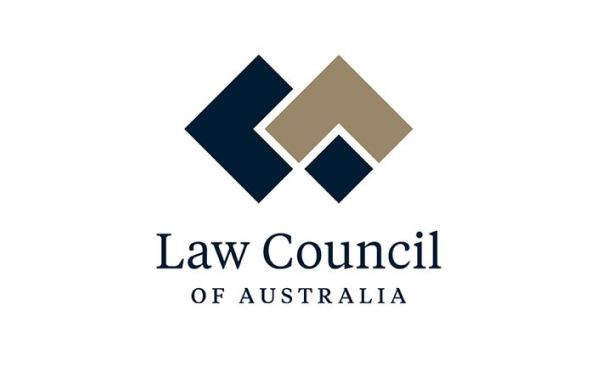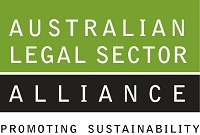The Law Council of Australia is a federal organisation representing 60,000 Australian lawyers through 16 Australian state and territory law societies and bar associations and the Law Firms Australia. The Law Council’s Constituent Bodies are:
- Australian Capital Territory Bar Association
- Australian Capital Territory Law Society
- Bar Association of Queensland
- Law Institute of Victoria
- Law Society of New South Wales
- Law Society of South Australia
- Law Society of Tasmania
- Law Society Northern Territory
- Law Society of Western Australia
- New South Wales Bar Association
- Northern Territory Bar Association
- Queensland Law Society
- South Australian Bar Association
- Tasmanian Independent Bar
- Law Firms Australia
- The Victorian Bar
- Western Australian Bar Association
The Law Council exists to represent the legal profession at the national level, to speak on behalf of its Constituent Bodies on national issues, and to promote the administration of justice, rule of law, access to justice, human rights and general improvement of the law. The Law Council advises governments, courts and federal agencies on ways in which the law and the justice system can be improved for the benefit of the community. The Law Council also represents the Australian legal profession overseas, and maintains close relationships with legal professional bodies throughout the world.
Through its specialist sections, working groups, standing and ad-hoc committees, the Law Council provides interest groups and professional development opportunities for lawyers across a variety of specialised areas of law. The Law Council’s specialist sections include:
- Business Law
- Family Law
- Federal Litigation and Dispute Resolution
- International Law
- Legal Practice
The Law Council recognises the critical need for the legal profession to respect human rights through its own activities and interactions with others, including clients. The Guiding Principles and the topic of business and human rights more generally are increasingly reflected in public policy, law and regulation, in commercial agreements, in international standards that influence business behaviour, in the advocacy of civil society organisations, and in the policies and processes of companies worldwide. It is for these reasons that the Law Council decided to become a member of the Global Compact.
The Law Council’s policy engagement on business and human rights is guided by a specialised Business and Human Rights Committee. Its goals are to:
- help lawyers understand the relevance of the Guiding Principles to their practice and the advice they provide;
- encourage the consideration of the Guiding Principles by members of the legal profession; and
- positively represent the Australian legal profession as champions of business and human rights in local and international fora.





